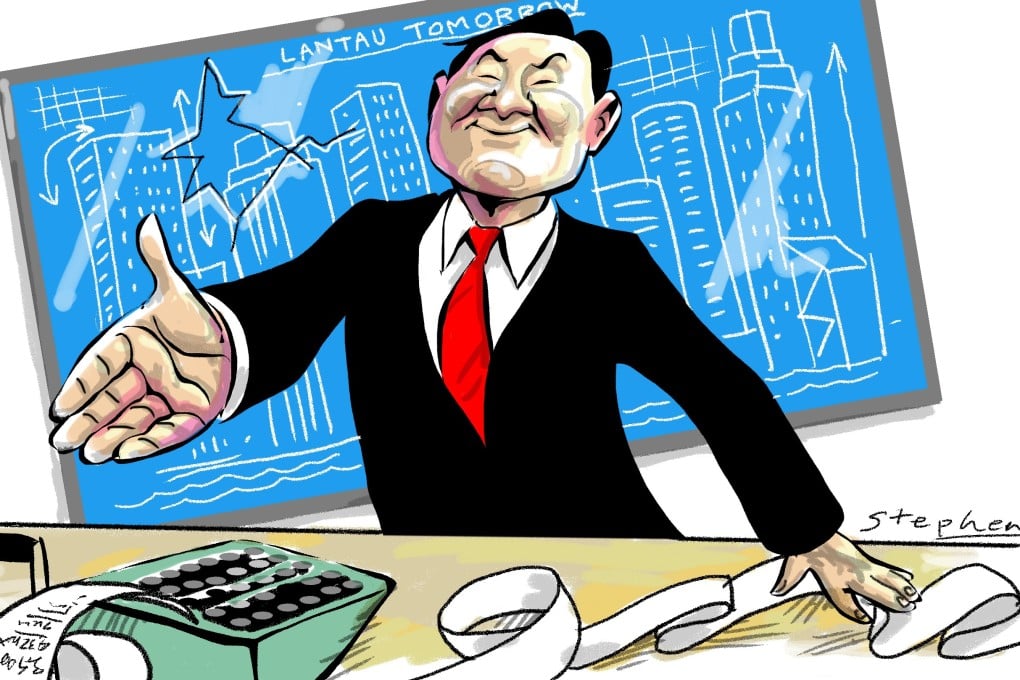Advertisement
Opinion | Why the most expensive reclamation project in Hong Kong’s history will cost far more than HK$624 billion
- Not only are the cost and revenue estimates used by the government to argue the case for Lantau Tomorrow dubious when scrutinised, its promise of more affordable housing and a better quality of life is also far-fetched
Reading Time:4 minutes
Why you can trust SCMP
0

In a valiant attempt to assert the viability of the “Lantau Tomorrow Vision” project, Development Secretary Michael Wong Wai-lun finally divulged some numbers on March 19. The problem is that they don’t add up, or are based on dubious assumptions. And that’s extremely worrying for a project that’s the most expensive, complicated and risky in Hong Kong’s history.
The initial phase of Lantau Tomorrow consists of creating 1,000 hectares of land around the island of Kau Yi Chau in the central waterway east of Lantau. On this reclaimed land will live 400,000 to 700,000 people, in 150,000 to 260,000 homes, 70 per cent of which will be public housing and 30 per cent private. It will also have a business district.
Wong said that, based on September 2018 cost data, the project, along with several smaller near-shore reclamation sites, will cost HK$624 billion (US$79.5 billion). Land designated for private housing and commercial development will be sold to developers, yielding income of between HK$980 billion and HK$1.14 trillion, according to estimates by the Hong Kong Institute of Surveyors.
On the cost side, using the September 2018 cost data as a reference is misleading. Financing of infrastructure projects uses money-of-the-day methodology to reflect the actual cost incurred during the construction period, taking future inflation into account. (For example, the Shek Kwu Chau incinerator approved in 2015 had a cost estimate of HK$12.7 billion based on September 2013 data but funding of HK$19.2 billion was requested in 2014.)
The increase in construction costs over the past 10 years has averaged 4.7 per cent per year, according to the index published by the Civil Engineering and Development Department. So, using money-of-the-day methodology, the actual funding required in 2025, when construction is to begin, will be HK$1.1 trillion, not HK$624 billion.
Advertisement

